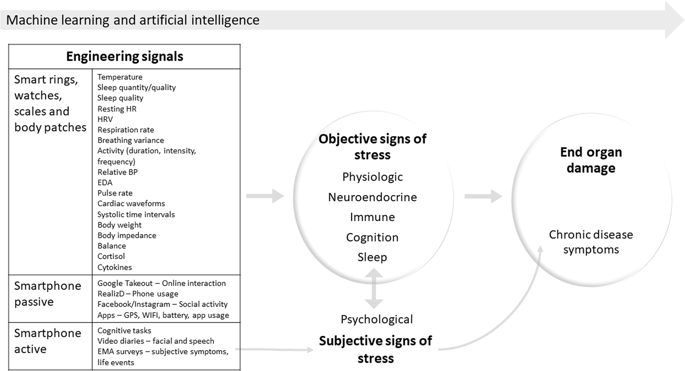"Unlocking Opportunities: A Comprehensive Guide to Mortgage Loans for Self Employed Individuals"
Guide or Summary:Mortgage loans for self employed are specifically designed to cater to individuals who earn their income through self-employment. Unlike sa……
Guide or Summary:
#### Understanding Mortgage Loans for Self Employed
For many self-employed individuals, obtaining a mortgage can often feel like an uphill battle. Traditional lending criteria can be challenging for those who do not have a steady paycheck, making it essential to understand the nuances of mortgage loans for self employed borrowers. This guide aims to demystify the process and provide valuable insights into securing a mortgage as a self-employed professional.
#### What Are Mortgage Loans for Self Employed?
Mortgage loans for self employed are specifically designed to cater to individuals who earn their income through self-employment. Unlike salaried employees who can easily present their pay stubs and tax returns, self-employed borrowers often have to provide additional documentation to prove their income stability. Lenders typically look for two years of tax returns, profit and loss statements, and sometimes even business bank statements to assess the borrower's financial health.
#### Challenges Faced by Self Employed Borrowers
One of the primary challenges faced by self-employed individuals is the fluctuating nature of their income. This inconsistency can make it difficult for lenders to gauge their ability to repay the mortgage. Additionally, self-employed borrowers may have a higher debt-to-income ratio, which can further complicate the approval process. Understanding these challenges is crucial for self-employed individuals seeking mortgage loans for self employed.
#### Key Factors Lenders Consider
When applying for mortgage loans for self employed, lenders will evaluate several factors:

1. **Income Stability:** Lenders typically want to see at least two years of steady income. This can be demonstrated through tax returns, bank statements, and profit and loss statements.
2. **Credit Score:** A strong credit score is essential for securing favorable loan terms. Self-employed individuals should work on maintaining or improving their credit score before applying for a mortgage.
3. **Debt-to-Income Ratio:** Lenders will assess the ratio of the borrower's monthly debt payments to their gross monthly income. A lower ratio is generally more favorable.
4. **Business Longevity:** The length of time a self-employed individual has been in business can impact their mortgage application. Lenders often prefer borrowers with a proven track record.
#### Preparing for the Application Process
To increase the chances of approval for mortgage loans for self employed, self-employed individuals should take proactive steps:
.jpg)
- **Organize Financial Documents:** Gather and organize all necessary financial documents, including tax returns, bank statements, and profit and loss statements.
- **Consult a Mortgage Broker:** Working with a mortgage broker who specializes in self-employed loans can provide valuable insights and guidance throughout the application process.
- **Improve Credit Score:** Taking steps to improve one’s credit score can lead to better loan terms and interest rates.
#### Types of Mortgage Loans Available
Self-employed individuals can choose from various types of mortgage loans, including:
1. **Conventional Loans:** These loans are not backed by the government and typically require a higher credit score and down payment.

2. **FHA Loans:** Federal Housing Administration (FHA) loans are designed for lower-income borrowers and may have more flexible qualification criteria.
3. **VA Loans:** For eligible veterans and active-duty service members, VA loans offer favorable terms and do not require a down payment.
4. **Portfolio Loans:** Some lenders offer portfolio loans that are held in-house and may have more flexible underwriting guidelines for self-employed borrowers.
#### Conclusion
Navigating the world of mortgage loans for self employed individuals may seem daunting, but with the right preparation and understanding of the process, self-employed professionals can successfully secure financing for their dream homes. By addressing the unique challenges they face and leveraging the available resources, self-employed borrowers can unlock the door to homeownership and build their financial futures.